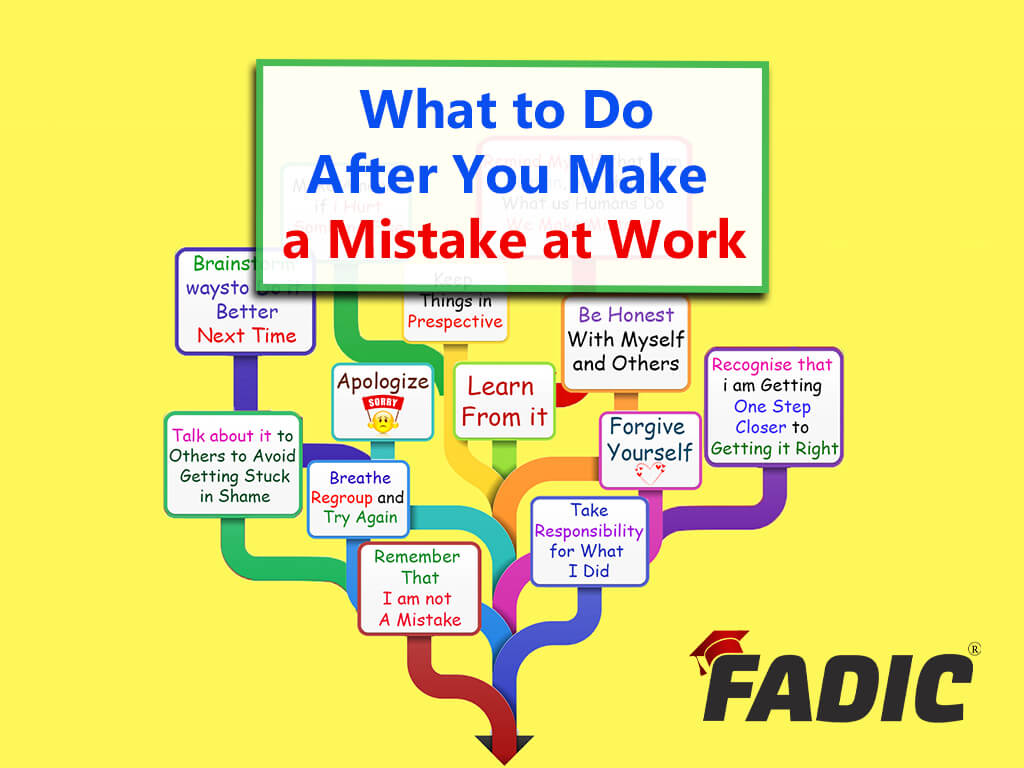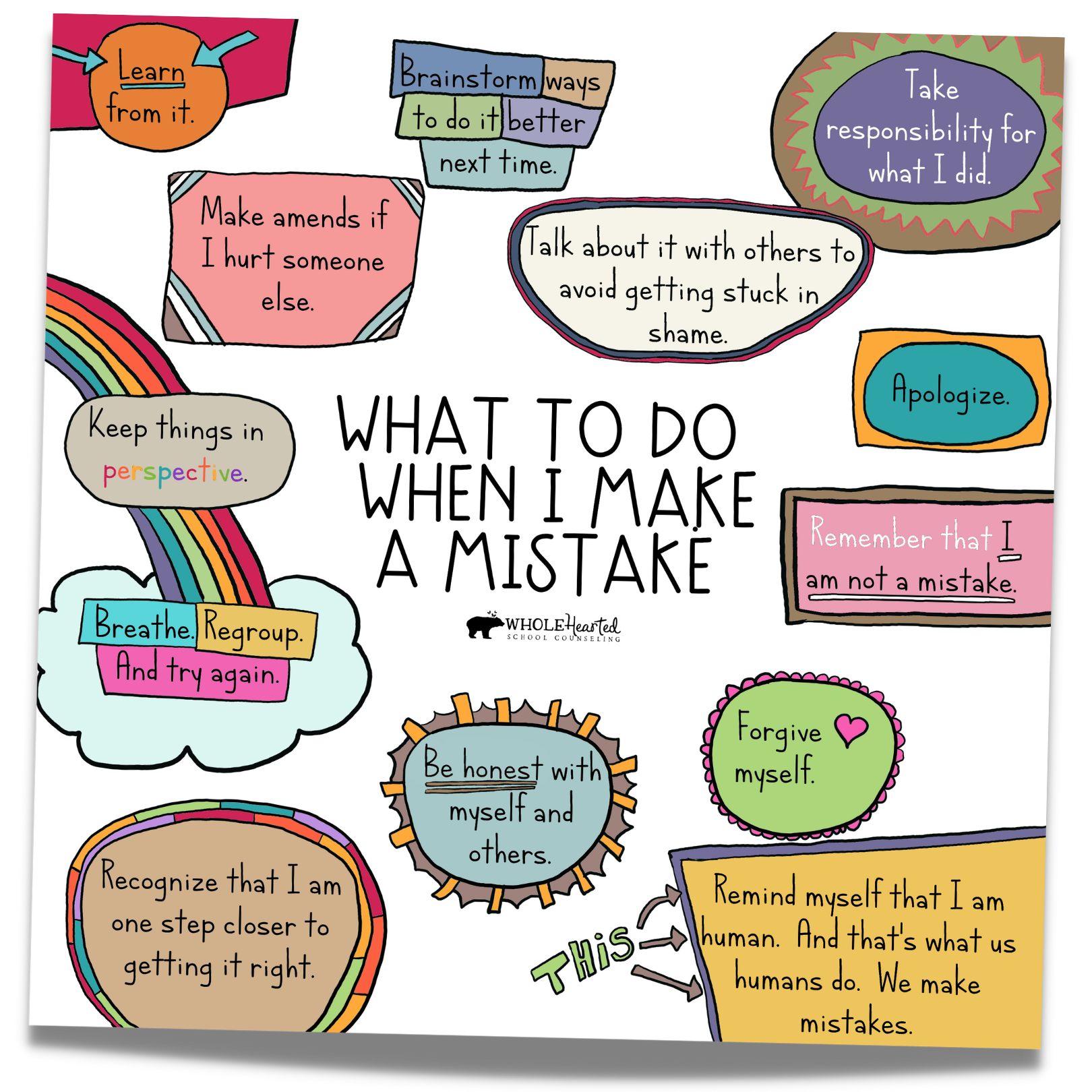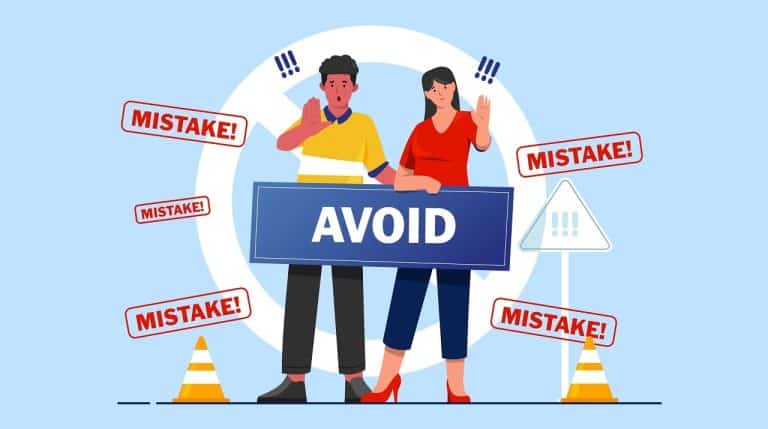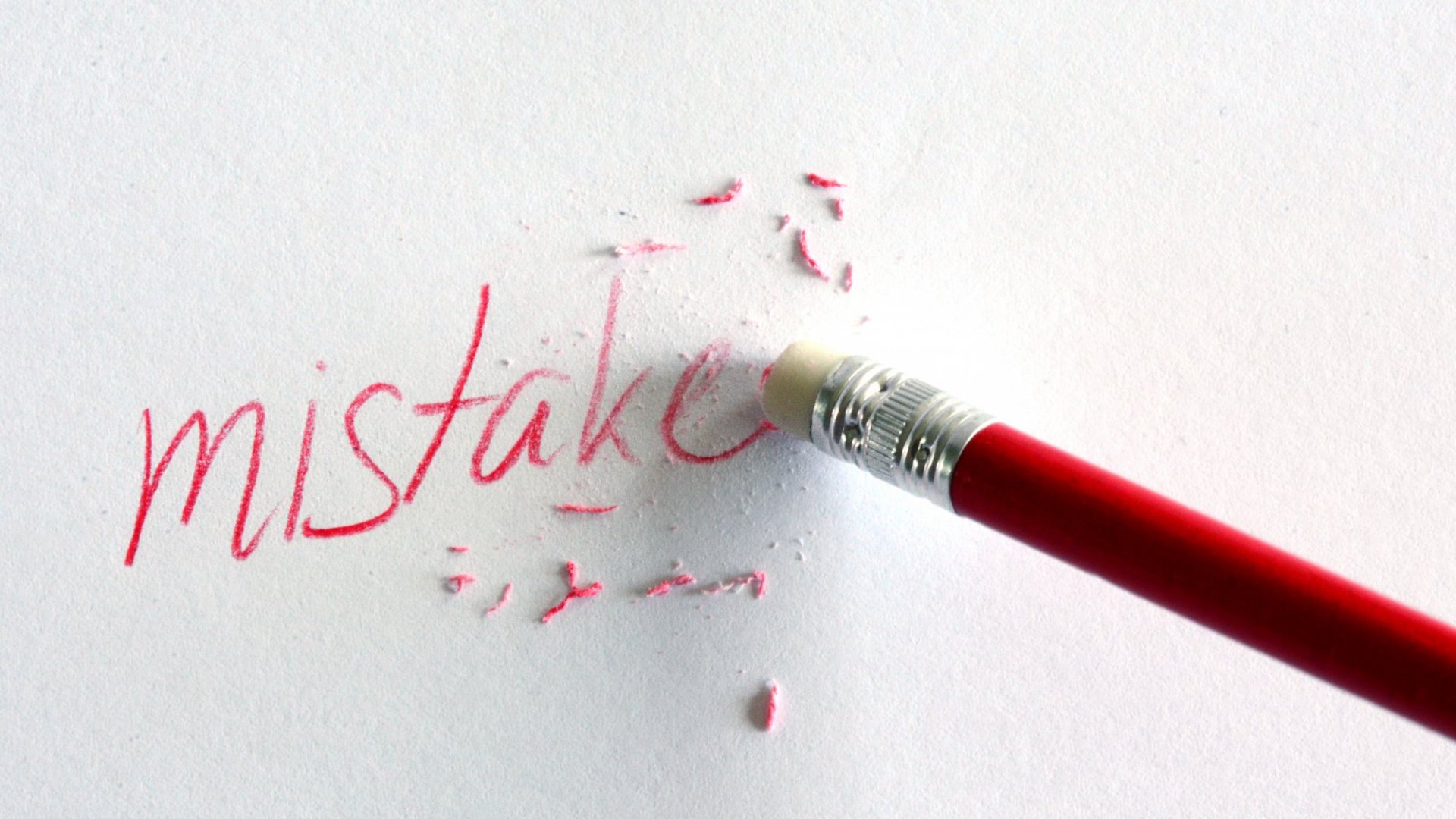I Made A Mistake At Work What Should I Do

The knot tightens in your stomach. A cold sweat breaks out. You’ve just realized you’ve made a significant error at work – a mistake that could have ramifications for your team, your company, or even your clients.
It’s a universally dreaded scenario, yet a statistically inevitable one. A recent study by *CareerBuilder* indicates that 74% of workers admit to making a mistake at work. The question then isn't whether you *will* err, but how you *should* respond. This article provides a comprehensive guide to navigating this challenging situation, offering practical advice and expert insights to help you minimize damage and emerge stronger.
Immediate Actions: Taking Ownership and Assessing the Damage
The first crucial step is immediate acknowledgement, both to yourself and, depending on the severity and visibility of the mistake, to your supervisor. Delaying this admission can exacerbate the situation, allowing the error to compound and potentially causing further damage. Honesty demonstrates integrity and a willingness to take responsibility.
Objectively assess the scope of the mistake. Is it a minor oversight, or does it have far-reaching consequences? Quantify the impact, if possible. For example, has it impacted revenue, project deadlines, or client relationships?
Document everything related to the mistake: the specific details of what happened, the timeline, and any contributing factors. This documentation will be invaluable when communicating the situation to your supervisor and working towards a solution. The more information you have, the better prepared you will be to discuss the issue effectively.
Communicating the Mistake: Transparency and Proactive Solutions
Schedule a meeting with your manager as soon as possible. Choose a private setting where you can openly discuss the mistake without interruption. Practice what you will say beforehand, focusing on clarity and conciseness.
When communicating the error, be direct and transparent. Avoid making excuses or blaming others. Clearly explain what happened, the impact of the mistake, and what you are doing or have done to mitigate the damage. Present potential solutions or suggestions for how to rectify the situation. This proactive approach demonstrates initiative and a commitment to finding a resolution.
Listen attentively to your manager's feedback and guidance. They may have valuable insights or resources to offer. Be open to constructive criticism and willing to learn from the experience. Their experience can be invaluable in determining the best course of action.
Learning and Prevention: Turning a Negative into a Positive
After the immediate crisis has been managed, take time to reflect on what happened. Identify the root cause of the mistake. Was it due to lack of training, poor communication, or a flawed process? Understanding the underlying cause is crucial for preventing similar errors in the future.
Consider what changes you can implement to improve your work processes. This might involve seeking additional training, improving your organizational skills, or implementing new quality control measures. Propose changes to existing workflows. For example, if the mistake was due to unclear instructions, advocate for clearer communication protocols.
Share your learnings with your team. By openly discussing your mistake and the lessons learned, you can help your colleagues avoid making similar errors. This fosters a culture of learning and continuous improvement within the workplace. This can be an uncomfortable conversation, but it's crucial for team growth.
The Psychological Impact: Managing Stress and Self-Doubt
Making a mistake at work can be incredibly stressful and can lead to feelings of anxiety, guilt, and self-doubt. It's important to acknowledge these emotions and take steps to manage them effectively. Talk to a trusted friend, family member, or colleague about how you're feeling.
Remember that everyone makes mistakes. It's a natural part of the learning process. Don't let one error define your career. Focus on what you've learned from the experience and how you can use that knowledge to improve your performance going forward.
Seek professional help if you're struggling to cope with the emotional impact of the mistake. A therapist or counselor can provide you with tools and strategies to manage stress and build resilience. There is no shame in seeking support; it's a sign of strength, not weakness. Many companies also offer Employee Assistance Programs (EAPs) that provide confidential counseling services.
Moving Forward: Rebuilding Trust and Demonstrating Competence
Rebuilding trust after a mistake takes time and consistent effort. Demonstrate your competence and reliability by consistently delivering high-quality work and meeting deadlines. Pay attention to detail and double-check your work to avoid future errors.
Be proactive in seeking feedback from your manager and colleagues. Ask for specific suggestions on how you can improve your performance. Show a genuine willingness to learn and grow. Consistent effort is key.
Continue to focus on your professional development. Seek out opportunities to expand your skills and knowledge. This will not only enhance your performance but also demonstrate your commitment to continuous improvement.
Making a mistake at work is a common, albeit unpleasant, experience. By taking ownership, communicating effectively, learning from the error, and managing the psychological impact, you can navigate this challenging situation and emerge stronger and more resilient. Ultimately, how you respond to a mistake will define you more than the mistake itself. Focus on demonstrating integrity, a commitment to learning, and a proactive approach to problem-solving. These qualities will earn you respect and build trust, solidifying your reputation as a valuable and reliable member of your team, even, or perhaps especially, after a misstep.
![I Made A Mistake At Work What Should I Do [Infographic] I Made A Mistake At Work: The Do’s And Don'ts](https://www.niagarainstitute.com/hs-fs/hubfs/Niagara Institute - I Made A Mistake At Work Do’s And Donts Infographic (1).png?width=1480&height=2724&name=Niagara Institute - I Made A Mistake At Work Do’s And Donts Infographic (1).png)


![I Made A Mistake At Work What Should I Do Making Mistakes at Work: What Should I Do & What Not [Guide]](https://www.teamly.com/blog/wp-content/uploads/2022/10/Making-Mistakes-At-Work.png)




![I Made A Mistake At Work What Should I Do Making Mistakes at Work: What Should I Do & What Not [Guide]](https://www.teamly.com/blog/wp-content/uploads/2022/10/What-TO-Do-if-You-Make-a-Mistake.png)









